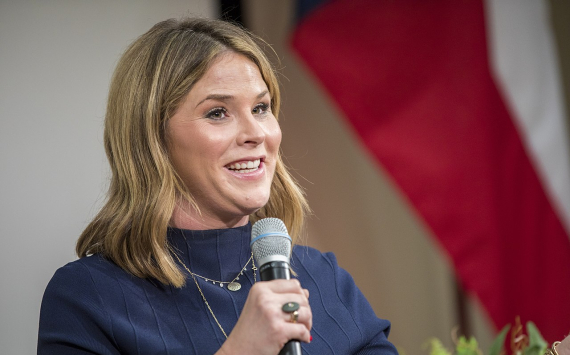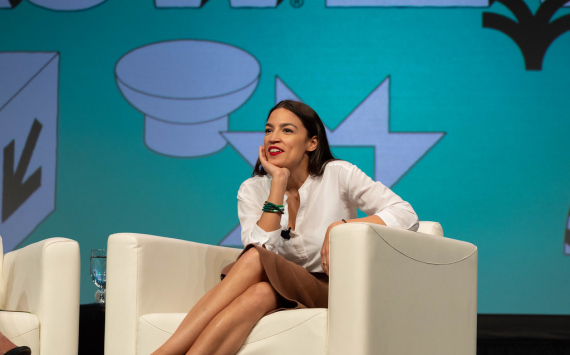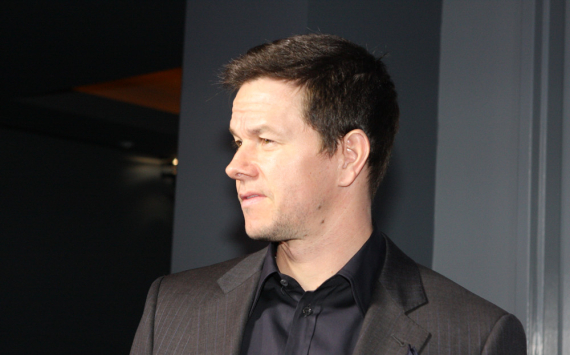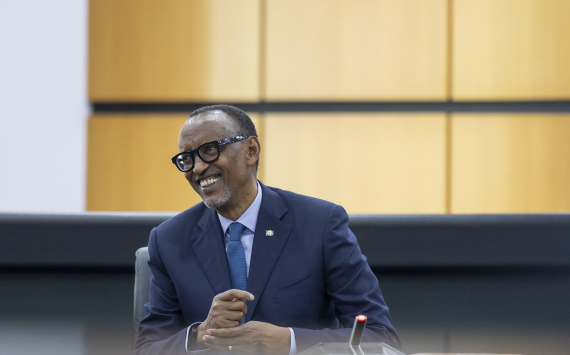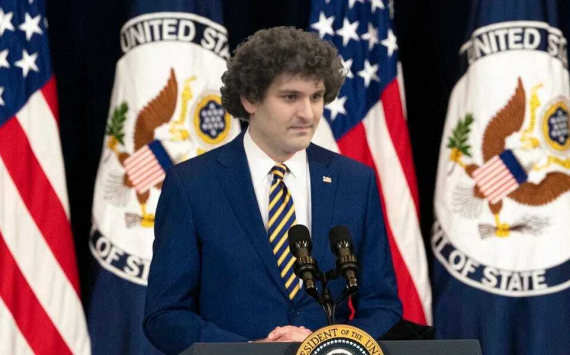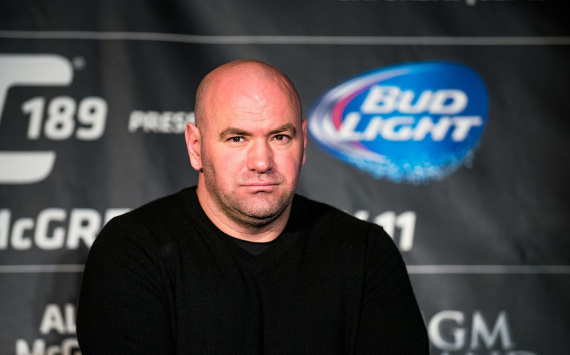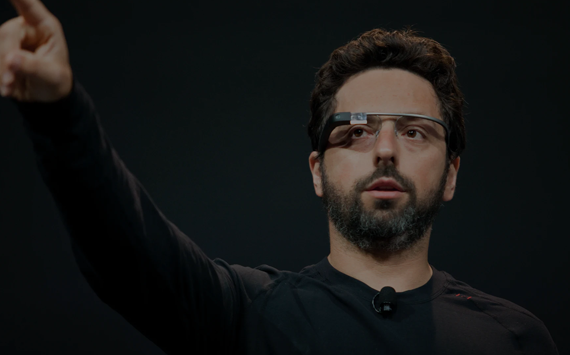
A mind-reading bracelet
Facebook has demonstrated a prototype wristband that could make the use of smart glasses ubiquitous. Facebook has previously promised to launch its Orion smart glasses between 2023 and 2025. The technology could replace smartphones in the future.
On Thursday, Facebook (FB), specifically its Facebook Reality Labs division, demonstrated a prototype wristband with technology that could be used to control augmented or virtual reality glasses.
Specialists at New York-based startup CTRL-labs, which was acquired by Facebook in September 2019, have been working on electromyography for several years.
Facebook's prototype wristband reads the neural signals of the electromotor nerves running through the wrist to the hand. This technology has been combined with augmented and virtual reality and smart home technologies.
For example, a presentation video presented by the Facebook Reality Labs team shows a person typing on a virtual keyboard, turning on lights and selecting the colour of lights without physically touching a switch, etc.
These technologies could help Facebook's smart glasses, which it is working on in partnership with Luxottica, the parent company of Ray-Ban.
The key challenge in creating smart glasses is putting all the electronics into a small case, the advent of a wristband as an optional accessory could solve the technical problems.
Facebook has also long been working on improving its Oculus Quest virtual reality glasses, which are not yet widespread. Facebook regularly acquires start-ups whose technology can help it translate its developments into an actual product for mass use. In September, Facebook said the timeline for bringing "real" augmented reality glasses to market would take about five to 10 years.
Facebook aims to take the lead in this new industry. Smart home, augmented and virtual reality technologies are being developed by other technology giants: Apple (AAPL), Amazon (AMZN) and Google Alphabet (GOOG, GOOGL).
The technology used in Facebook's wristband is also similar to what Elon Musk's startup Neuralink, whose original goal is to help people with locomotor disabilities, is doing.









